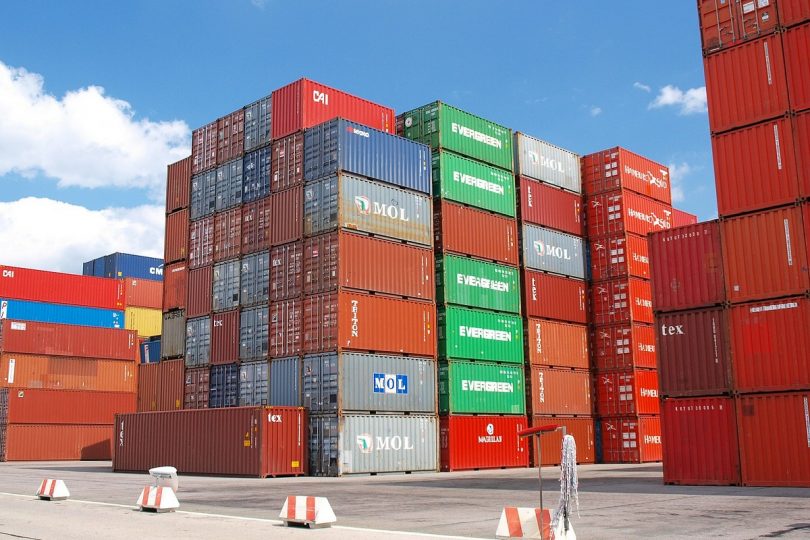More than three quarters of German companies pursue a systematic and comprehensive approach to optimizing their supply chain. Yet, they are facing a number of challenges: The Brexit is one of them. This is one of the key results of the 10th Hermes Barometer on the subject of “Optimization Requirements in the Supply Chain”. The survey was conducted by Hermes Germany. In this context, 200 logistics decision-makers from German companies were questioned.
According to the current Hermes barometer, 78 percent of the companies surveyed are actively working on optimizing their supply chain. For larger companies with more than 250 employees, the figure is 83 percent – and thus 23 percent higher compared to 2015. “Companies have recognized the potential of an efficient supply chain and want to benefit from it,” explains Jan Bierewirtz, CCO and Division Manager Commercial at Hermes International, a division of Hermes Germany.
Risk: Complexity underestimated
Once initiated, the vast majority of optimization projects are implemented. At this point, however, it is worth taking a closer look at the size of the organisation: according to the logistics decision-makers of smaller companies, only 15 percent of the initiated projects were terminated at an early stage due to a lack of (estimated) success.
In larger companies (over 250 employees) the situation is different: Almost one quarter (23 percent) of the projects were cancelled earlier than planned. This could be due to the complexity of the optimization process. For example, 84 percent of decision-makers working for larger organisations stated that many companies underestimate the effort that is required by change. “The comprehensive optimization of the supply chain affects a number of internal and external processes. Especially in larger companies with more partners involved, this can be a great challenge,” says Bierewirtz.
Obstacles on the way to an optimized supply chain
Beyond the complexity of the transformation process, companies must master a number of challenges: More than half of the decision-makers stated that communication problems between the partners involved (55 percent), the time and cost required to implement the necessary technologies (51 percent) and a lack of resources and know-how in the respective companies (48 percent) make it difficult to optimize the supply chain. Only about one third of the survey respondents (36 percent) were unwilling to cooperate due to different strategic goals.
Brexit as a challenge
For 77 percent of logistics decision-makers, a holistic approach to optimizing the supply chain will be a key success factor in the coming years. “Companies have recognized the added value of an optimized supply chain. To ensure the success of the transformation, they should consider the scope of their measures and actively integrate all partners involved into the relevant processes. This is how optimization succeeds and how it will make a lasting contribution to the success of the company,” recommends Bierewirtz.
However, this is not the only reason for optimizing the supply chain: A possible Brexit is casting its shadows ahead. One third of the logistics decision-makers surveyed (33 percent) stated that if Great Britain leaves the EU, their companies will need to adapt and optimize its own supply chain. For large companies, as many as 50 percent of respondents agree with this statement.
The complete Hermes barometer and more information on supply chain management and global e-commerce can be found in the Hermes Supply Chain Blog at www.hermes-supply-chain-blog.com.
More about “Hermes Barometer”





